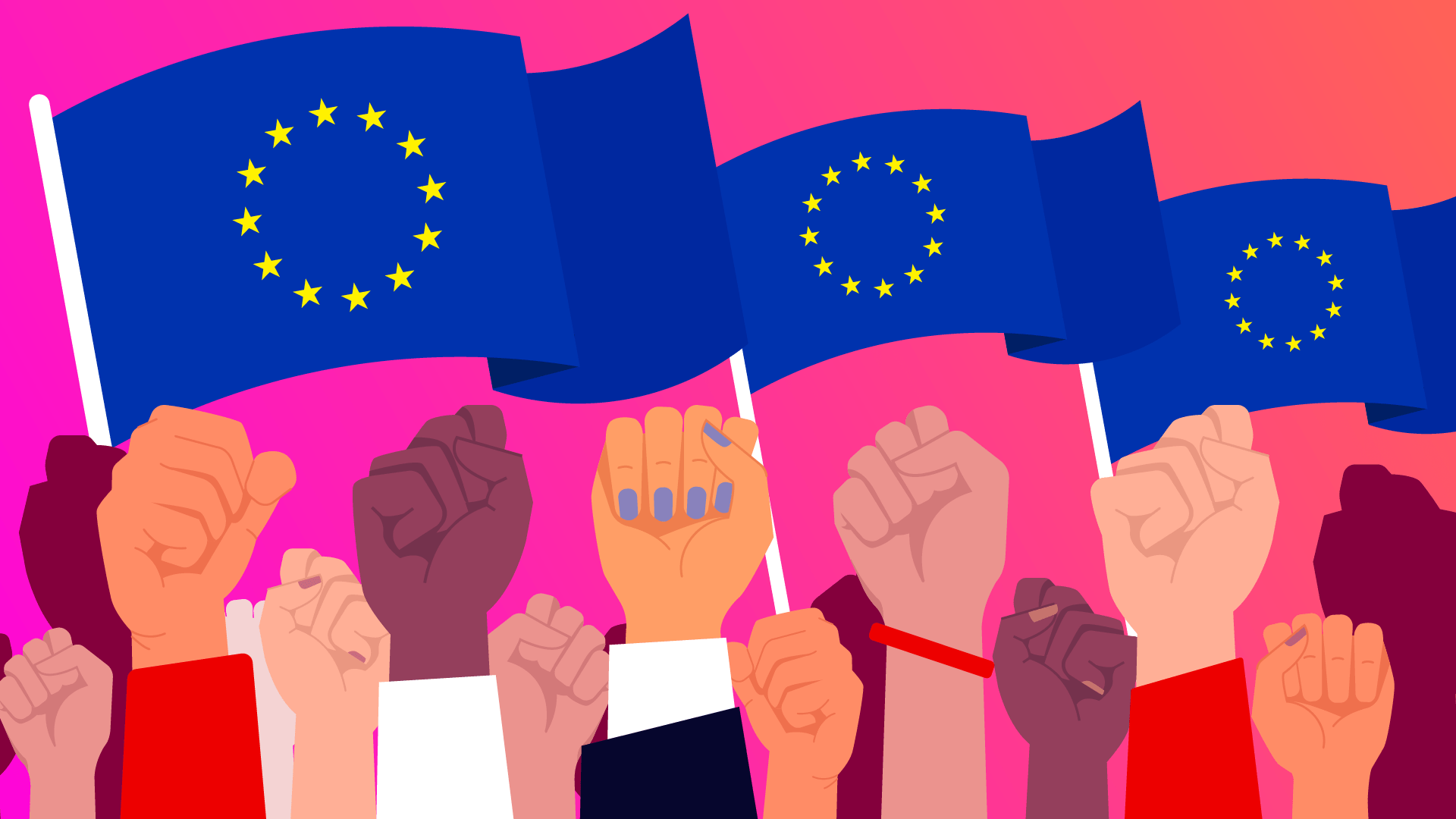
With a key intervention of the EU budget we achieved the distribution of 4.2 billion doses of Covid-19 vaccines, the purchase of 3.7 billion items of personal protective equipment and around 12,500 ventilators; the winter package provided an additional €20 bn to address the energy crisis; the education or training of 6.9 million Europeans was made possible; the capacity of childcare and education infrastructure was increased for more than 24 million people and 63 million people now benefit from improved health services across the EU; more than 5 million enterprises were supported; and the EU overall increased its energy consumption from renewables by more than 6,000 MW, which is equivalent to around 2,400 wind turbines.
More investments in climate-related projects making sure that at least 30% ( 67 million euros) of the European Regional Development Fund, for a greener, low-carbon transition towards a net zero carbon economy and resilient Europe, and 37% ( 17 million euros) of the Cohesion Fund (which provides support to member states with a gross national income (GNI) per capita below 90% EU-27 average) go to this purpose, for instance in projects related to energy or transport, as long as they clearly benefit the environment in terms of energy efficiency, use of renewable energy, developing rail transport, supporting inter-modality, or strengthening public transport.
We ensured flexibility in the use of the EU budget, the simplification of procedures, and cutting of bureaucracy, which burdens the process of application for EU funding.
A key S&D achievement was that EU funding must now be designed and implemented taking into account the gender dimension. EU means will be available to any project only if it promotes gender equality and takes into account both women's and men's needs and challenges.
EU investments have to be in line with the UN Sustainable Development Goals and the Paris Climate Agreement. The projects funded by the EU should not harm the environment and biodiversity (the so-called 'do no significant harm' principle).
We ensure that no financing would go to fossil fuels from the European Regional Development Fund or the Cohesion Fund.
We obtained the possibility to invest with EU funding in social housing for low-income households throughout Europe; to provide financial support for the public train sector; to raise the spending for sustainable urban development in each member state from 6% to minimum 8% of the European Regional Development Fund (equivalent to 450 million euros), as well as targeted investments for depopulating and rural areas.
All new investment programmes under the European Regional Development Fund and the Just Transition Fund will have to be linked to the principle of the European Pillar of Social Rights to create quality jobs, meaning that special attention will be paid to those territories suffering the greatest job losses, and to the social, economic and environmental challenges at a regional level when it comes to, for example, economic diversification and reskilling.
We were at the forefront of the establishment of the European Child Guarantee with the creation of a dedicated fund of at least 20 billion euros. Member states with a risk of poverty and social exclusion who rate above the Union-27 average are obliged to invest at least 5% of the European Social Fund+ in the Child Guarantee.
We need to use the EU budget to the benefit of citizens with measures to fight energy poverty, promoting the development of renewable energy sources, investing in energy efficiency and reducing energy demand.
We need funding solutions to make the digital, green and social transition a reality through projects creating new quality jobs and improving existing ones, better urban planning, housing and public transport.
We need to use adequate instruments such as the Cohesion Policy to address pressing needs like industrial modernisation, fighting depopulation and brain drain, improving the work and living conditions of citizens in all regions of all member states and a focus on the strengthened role of local and regional authorities.
We need to take as many children out of poverty as possible with the help of EU funds and making sure they have access to free quality healthcare, free quality education, free quality childcare, decent housing and adequate nutrition. We want a dedicated budget of 20 billion euros available to that objective.
We need to provide support to Ukraine and its people fighting in the Russian war of aggression with more than 28 billion euros from the EU budget.
To ensure that the EU has the means matching its ambitions, we need to establish a system of new and fair own resources for the EU budget in order to increase the size of the EU budget and also decrease the national contributions made by member states. Among these own resources we call for a Financial Transaction Tax, a tax on super-rich individuals, an extension of the EU windfall taxes to all sectors that have profiteered from global crises and an EU minimum Capital Gains Tax.

